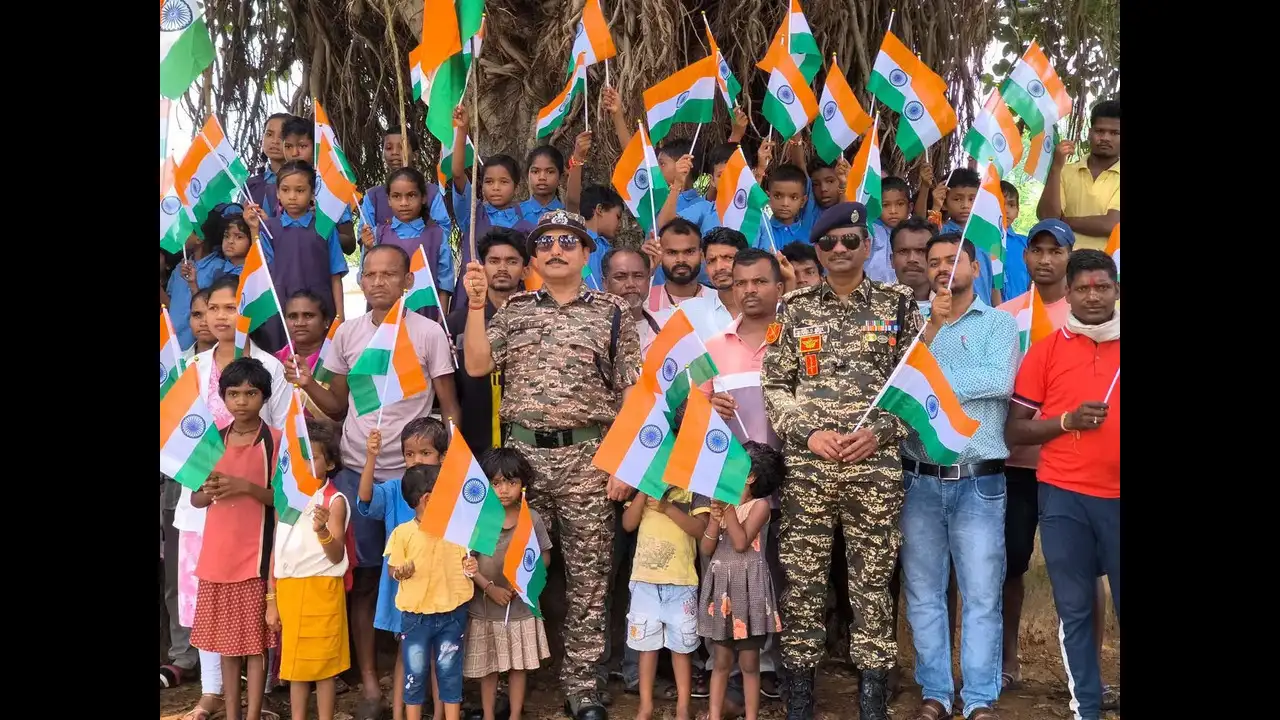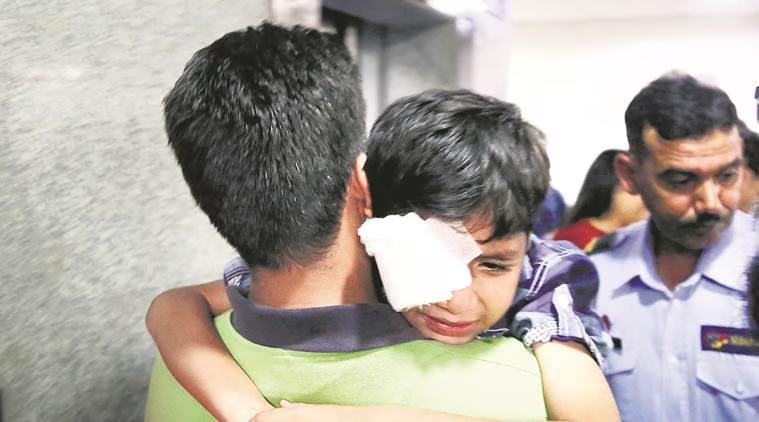Now Reading: A Villager’s Patriotic Act Ends in Tragedy in Maoist-Hit Bastar
-
01
A Villager’s Patriotic Act Ends in Tragedy in Maoist-Hit Bastar
A Villager’s Patriotic Act Ends in Tragedy in Maoist-Hit Bastar

A chilling incident from Chhattisgarh’s Bastar region has left many stunned. A young villager, Manesh Nureti, was killed by Maoists after hoisting the Tricolour at a Maoist memorial on Independence Day and leading villagers in singing the national anthem. His defiance in the face of insurgent control cost him his life—and became a painful reminder of the ongoing struggle for civil space in conflict zones.
Defiance Meets Brutality
On August 15, Manesh, accompanied by children and other villagers, raised the Indian flag at a site revered by local Maoist groups. The moment was captured on video and circulated widely, symbolising hope in a region where national symbols are often suppressed.
Within days, Maoist cadres abducted him, dragged him before a makeshift “jan adalat,” and executed him on charges of being a police informer. Relatives later recovered his body, and Maoist banners took responsibility—framing Manesh’s patriotic gesture as betrayal and warning others against stepping out of line.
Setting a Chilling Precedent
This murder isn’t just an isolated atrocity—it’s a stark statement. Despite the setbacks Maoist groups face from security operations, the killing underlines how they still enforce ideological control over rural populations. Manesh’s act, seen by many as courageous freedom of expression, was brutally stamped out.
Why It Strikes a Chord Beyond Bastar
In Tier 2 and rural India, where people relate deeply to notions of nationhood and individual courage, this incident cuts deep. For towns with memories of the freedom struggle still alive, Manesh’s sacrifice stands as a grim bridge between past bravery and present danger.
Conclusion
The death of Manesh Nureti is more than local news—it’s a sobering reflection of how spaces for patriotism can become battlefields in themselves. His story is a reminder that freedom isn’t just about far-off politics—it’s about moments of courage on doorsteps across India, and the cost some pay when those moments defy fear.

























